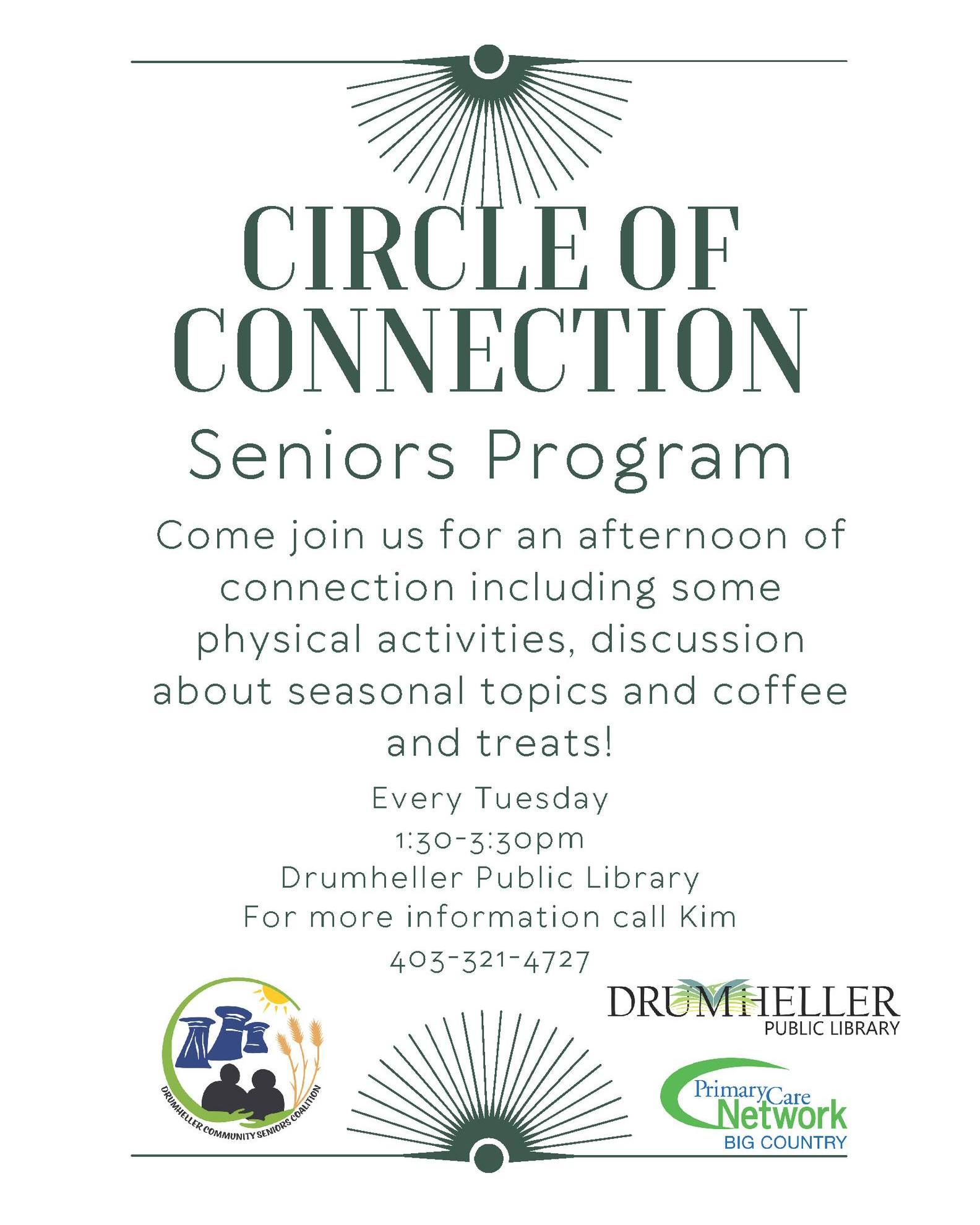


Escaping Abuse Benefit
Emergency funding is available to help people who are escaping family or domestic violence.
Alberta residents fleeing domestic or family violence can access urgent financial help through the Alberta government’s Escaping Abuse Benefit. Applications can be submitted online and may be processed in as little as two days.
Eligibility
You can apply for this benefit if you:
• are living in an abusive family situation or you have already left
• do not have enough money to leave an abusive family situation or start over
• you do not qualify for other ongoing Alberta benefits
• are at least 18 years old
• live in Alberta and are a Canadian citizen or permanent resident, refugee or refugee claimant
What you get
You may get help with expenses and other supports to get to safety and/ or start a new life. This could include:
• emergency transportation to a safe place (for example, women’s shelter)
• costs to stay in a hotel or motel for a short time if shelters are full or not available
• costs to assist with basic needs that may not be covered while staying at a shelter
• emergency items not available through shelters such as prescription drugs, childcare, dental and eye care services
• one-time costs to move within Alberta or Canada if you must leave your community to escape a threat of family violence or domestic violence
• a one-time allowance to help set up a new home
• the damage deposit for a new home
• costs for basic needs such as food, clothing and shelter
• costs for telephone calls and transportation to access counselling or legal advice
• extended health coverage for adults and children from families with limited incomes
How to apply
Step 1. Gather your documents
If you are able to, include the following documents with your application:
• identification for you and any dependents
• 2 bank statements for 60 days prior to the date of application
• direct deposit information
• medical letter – if you cannot work for medical reasons
If you do not have these documents at this time, you can still apply.
Step 2. Apply online
Call 877-644-9992 or visit Escaping Abuse Benefit – Get help with costs to leave | Alberta.ca for more information.

Clinic Closed Monday August 4th, 2025
The Drumheller Associated Physicians will be closed on Monday August 4th, 2025 for our staff to spend Heritage Day with their families
Regular hours will resume, Tuesday August 5th, 2025
All emergencies will be seen at the Hospital 351 – 9th Street N.W.

Intuitive Art
August 6, 2025 6pm – 8pm – Riverside Park – Bring your own lawn chair
As spots are limited you must contact Tara to RSVP to this event:
Tara.Bauer@mcmancentral.ca or (403)-443-0304
Supplies and light refreshments provided
Childcare is available
Drumheller, Hanna, Three Hills & Surrounding Areas Family Resource Network
https://mcmancentral.ca

Walk- In Clinic Start Time – Wednesday July 30th, 2025
Please note that the walk-in clinic will start at 1pm on Wednesday July 30th, 2025.
Emergencies will be seen at the Drumheller Health Centre (351 – 9th St. N.W.) 403-823-6500
The Walk-In Clinic will return to regular business hours on Thursday July 31st, 2025, 12:00pm – 5:00pm, or until capacity is reached.

Christmas in July
Our Christmas Elf made a stop at the clinic with the Grinch to celebrate Christmas in July! 🎄

Lifesaving Society Top 10 Water Smart® Tips
Follow these tips to stay safe when in, on, or around water:
1. Choose it – Use it! Always Wear a Lifejacket or Personal Flotation Device (PFD): Don’t just have it in the boat. Pick one and wear it. Lifejackets work like seatbelts and bicycle helmets. By the time you need one, it’s too late to put it on.
2. Closely Supervise Young Children In, On & Around the Water: If you’re not within arms reach, you’re too far.
3. Always Swim with a Buddy: Never participate in an aquatic activity alone.
4. Avoid Swimming in the River: Rivers come with many unpredictable risks like moving water, undercurrents, changing depth, and entrapment hazards. If participating in aquatic activities on the river, make sure to wear your lifejacket.
5. Boat, Ride, and Swim Sober: Alcohol and drugs impair your judgement and can exacerbate the effects of the sun and water.
6. Know Before You Go: When getting ready for a day on the water, pay attention to the weather forecast and complete a simple safety checklist.
7. Learn to Swim & Learn Lifesaving Skills: Learning to swim can save your life! Or go further and take other programs like the Bronze Medallion, Bronze Cross & National Lifeguard
8. Drive Powerboats, Personal Watercraft & Snowmobiles Responsibly: Look before you act, stay low, drive at moderate speeds, be aware of changing weather conditions, and drive with extreme caution and proper lights after dark. Make sure you get your Pleasure Craft Operator (PCO) Card.
9. Use Designated Ice Surfaces: These are regulated by personnel and are the safest to use. If using other ice surfaces, do not go out on thin ice, and wear a thermal protection buoyant suit. Remember, no ice is ever 100% safe.
10. Protect Your Neck: Never dive into shallow water. If you’re unsure of how deep the water is, enter feet first.
Learn More!
To learn more about how to be safe in, on, and around water, take our free online Water Smart® Advocate course! https://courses.lifesaving.org/courses/water-smart-advocate

Walk- In Clinic Start Time – Monday July 21st, 2025
Please note that the walk-in clinic will start at 1pm on Monday July 21st, 2025.
Emergencies will be seen at the Drumheller Health Centre (351 – 9th St. N.W.) 403-823-6500
The Walk-In Clinic will return to regular business hours on Tuesday July 22nd, 2025, 12:00pm – 5:00pm, or until capacity is reached.


Walk- In Clinic Start Time – Wednesday July 16th, 2025
Please note that the walk-in clinic will start at 1pm on Wednesday July 16th, 2025.
Emergencies will be seen at the Drumheller Health Centre (351 – 9th St. N.W.) 403-823-6500
The Walk-In Clinic will return to regular business hours on Thursday July 17th, 2025, 12:00pm – 5:00pm, or until capacity is reached.
